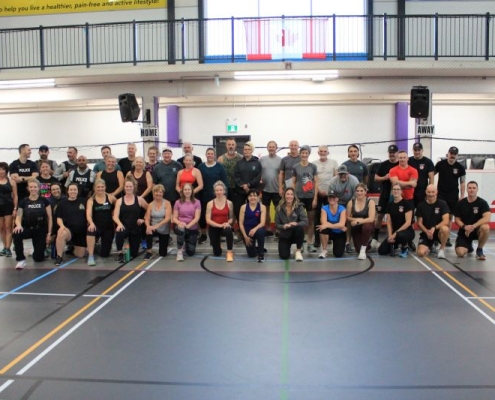If you think about the time you have spent in your family, at school, and organizations you’ve worked in, you know what it feels like to belong or not belong, and why it matters. It’s the difference between feeling isolated, detached, and irrelevant, and feeling connected, valued, and engaged. Belonging makes all the difference. We all need to feel that we belong, are needed and appreciated, and that we have something important to offer.
You can’t leave belonging to chance. Leaders have a responsibility to be intentional about creating a space where everyone knows they belong.
Here are three strategies:
- Take accountability for your own belonging. Belonging starts from within. Acknowledge that you have participated in creating the conditions you want changed.We can’t expect others to value and respect us until we value and respect ourselves.
- Make it safe to have real conversations. Belonging grows in a climate of dialogue. Start by asking: How are we putting up barriers to belonging here? What doubts or reservations do you have? What have you said yes to that you no longer really mean? Peter Block reminds us that leaders must protect space for the expression of people’s doubts. Be curious and get interested.
- Focus on gifts. Typically, the only time we talk about a person’s gifts is at their retirement party or funeral. Don’t wait until people are on their way out to express gratitude. Instead of telling people what they need to improve and what they should do differently next time, focus on their talents. Tell others about the gifts you have received from them, the unique strengths and capacities you see in them, and what they do that makes a difference.








